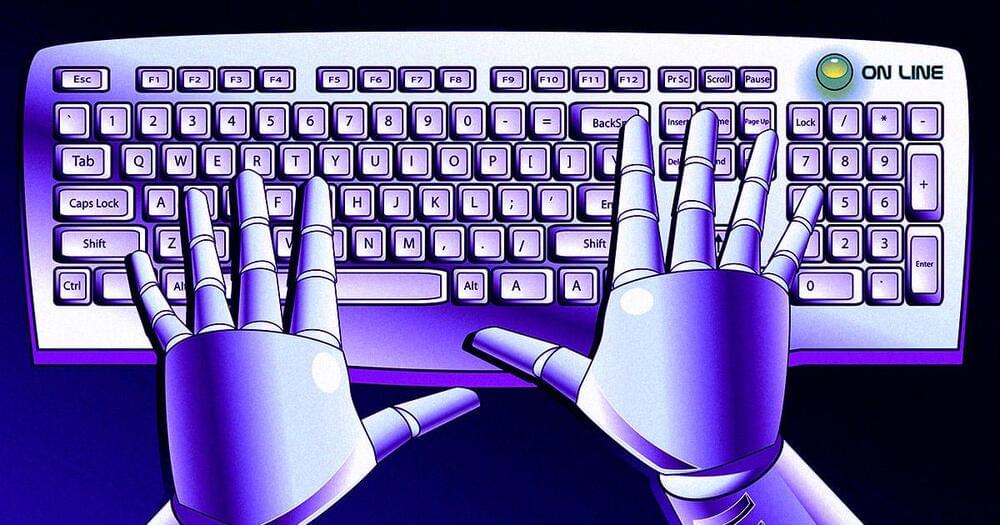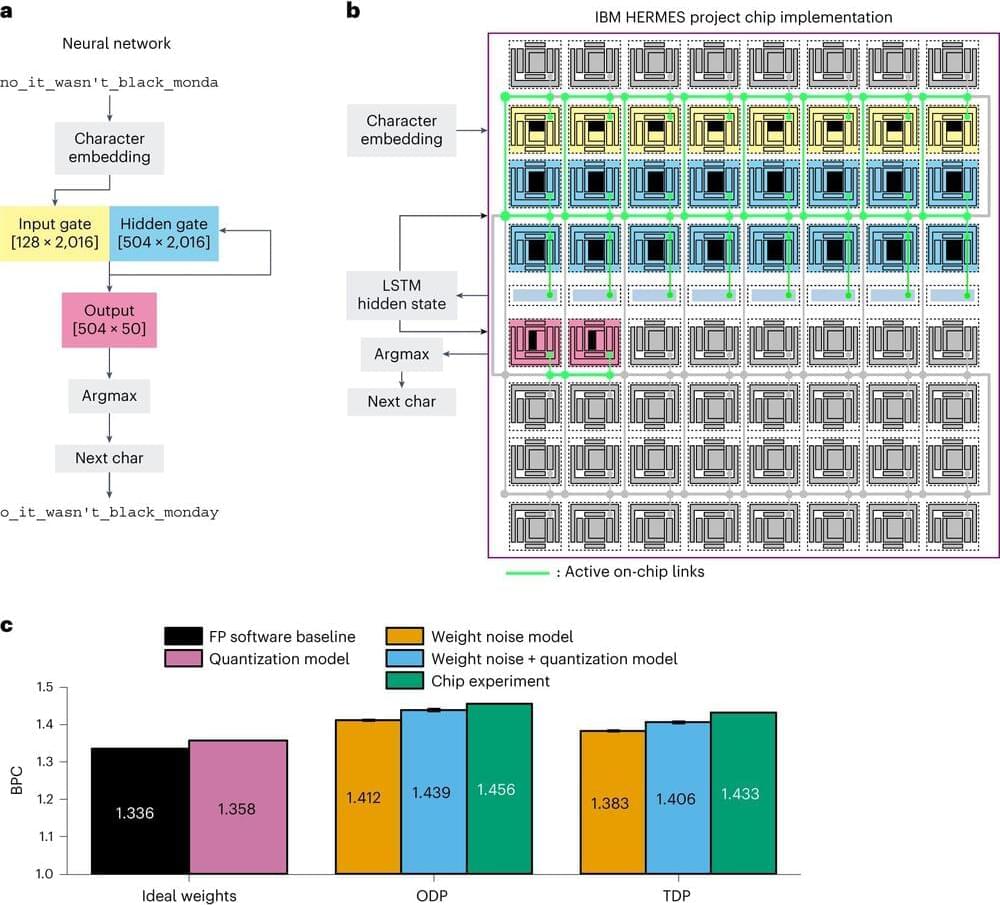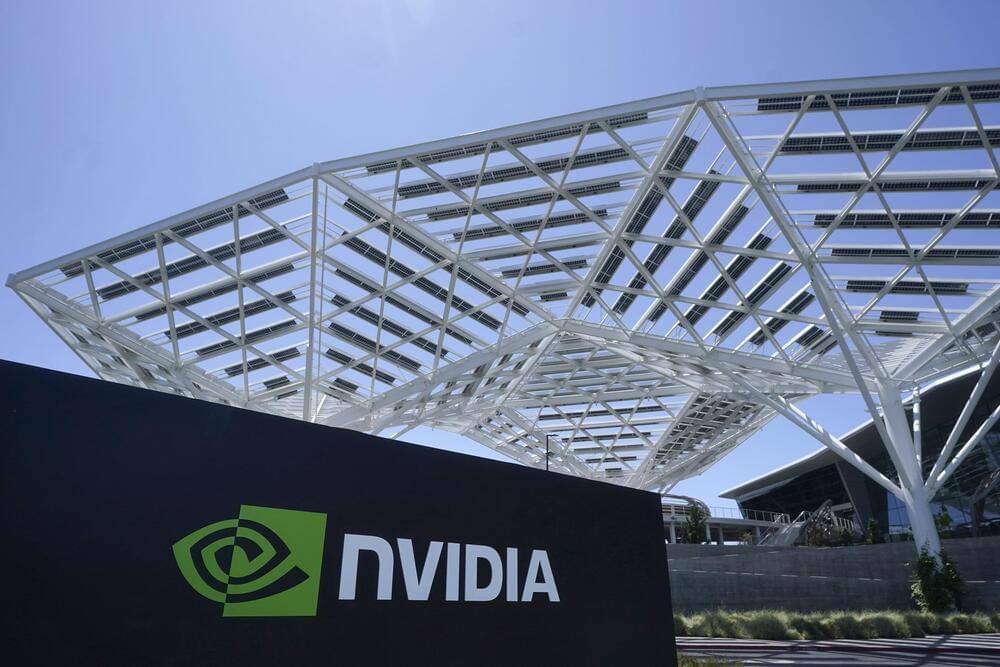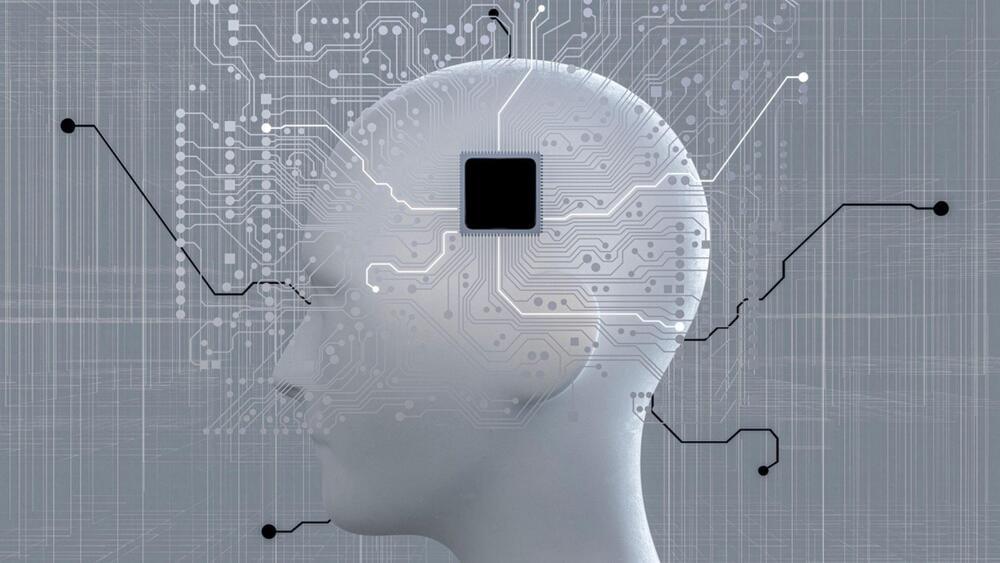Mezli chef Eric Minnich designed a menu for both diner’s delight and ease of robotic cooking.
Category: robotics/AI – Page 1,083
Ugly Numbers from Microsoft and ChatGPT Reveal that AI Demand is Already Shrinking
The only areas where AI is flourishing are shamming, spamming & scamming.

Google Secretly Showing Newspapers an AI-Powered News Generator
Google is secretly showing off an AI tool that can produce news stories to major newspapers, including The New York Times, The Washington Post, and The Wall Street Journal.
The tool, dubbed Genesis, can digest public information and generate news content, according to reporting by the New York Times, in yet another sign that AI-generated — or at least AI-facilitated — content is about to flood the internet.
Google is stridently denying that the tool is meant to replace journalists, saying it will instead serve as a “kind of personal assistant for journalists, automating some tasks to free up time for others.”

Soft robotics research offers new route for weaving soft materials into 3D spatial structures
Ever wonder why the most advanced robots always seem to have hard bodies? Why not more pliable ones, like humans have?
Researchers working on so-called “soft robotics” attempt to incorporate the feel of living organisms into their creations. But the field hasn’t taken off because the softer components haven’t been easy enough to mass-produce and incorporate into the designs—until now.
University of Virginia researchers have invented a manufacturing process for weaving soft materials such as fabrics, rubbers and gels so that they can be compatible with gadgets, which may lead to a soft robotics revolution.

IBM reports analog AI chip patterned after human brain
Deep neural networks are generating much of the exciting progress stemming from generative AI. But their architecture relies on a configuration that is a virtual speedbump, ensuring the maximal efficiency can not be obtained.
Constructed with separate units for memory and processing, neural networks face heavy demands on system resources for communications between the two components that results in slower speeds and reduced efficiency.
IBM Research came up with a better idea by turning to the perfect model for its inspiration for a more efficient digital brain: the human brain.

Nvidia’s rising star gets even brighter with another stellar quarter propelled by sales of AI chips
Computer chip maker Nvidia has rocketed into the constellation of Big Tech’s brightest stars while riding the artificial intelligence craze that’s fueling red-hot demand for its technology.
The latest evidence of Nvidia’s ascendance emerged with Wednesday’s release of the company’s quarterly earnings report. The results covering the May-July period exceeded Nvidia’s projections for astronomical sales growth propelled by the company’s specialized chips—key components that help power different forms of artificial intelligence, such as Open AI’s popular ChatGPT and Google’s Bard chatbots.
“This is a new computing platform, if you will, a new computing transition that is happening,” Nvidia CEO Jensen Huang said Wednesday during a conference call with analysts.
Google’s Search AI Says Slavery Was Good, Actually
Lots of experts on AI say it can only be as good as the data it’s trained on — basically, it’s garbage in and garbage out.
So with that old computer science adage in mind, what the heck is happening with Google’s AI-driven Search Generative Experience (SGE)? Not only has it been caught spitting out completely false information, but in another blow to the platform, people have now discovered it’s been generating results that are downright evil.
Case in point, noted SEO expert Lily Ray discovered that the experimental feature will literally defend human slavery, listing economic reasons why the abhorrent practice was good, actually. One pro the bot listed? That enslaved people learned useful skills during bondage — which sounds suspiciously similar to Florida’s reprehensible new educational standards.

Nvidia’s Q2 earnings prove it’s the big winner in the generative AI boom
Nvidia’s second-quarter earnings, which were reported Wednesday after markets closed, prove there is money to be made — and lots of it — selling the picks and shovels of the generative AI boom.
“A new computing era has begun. Companies worldwide are transitioning from general-purpose to accelerated computing and generative AI,” Nvidia founder and CEO Jensen Huang said in a statement.
Huang isn’t wrong. Nvidia has become the main supplier of the generative AI industry. The company’s A100 and H100 AI chips are used to build and run AI applications, notably OpenAI’s ChatGPT. Demand for these demanding applications has grown steadily over the last year, and infrastructure is shifting to support them.

Brain implants and AI help voiceless patients to speak up
Scientists use AI-powered brain-computer interface (BCI) to decipher speech.
Brain chips, a current research focus, are used for recording brain activity and treating several neurodegenerative diseases. In May this year, a man who lost the ability to talk because of a motorcycle incident stood up after 12 years thanks to brain implants that provided a bridge for communication between his brain and spinal cord.
Another area in which brain implants have shown significant potential is deciphering speech. Decoding brain signals to speech.
Gremlin/iStock.
In May this year, a man who lost the ability to talk because of a motorcycle incident stood up after 12 years thanks to brain implants that provided a bridge for communication between his brain and spinal cord.
Humanoid robot Apollo could rival Tesla’s Optimus bot
The company calls it the iPhone of bots as development partners will further applications of this humanoid robot.
Texas-based Apptronik unveiled its first commercial humanoid robot designed to complement the industrial workforce by doing repetitive tasks that humans do not want to do, a press release said. The bot is pocket-friendly and aims to be interaction friendly, making it easier to work alongside humans even in some of the toughest environments, a definite competitor for Tesla’s humanoid bot Optimus.
The use of robotics in industrial workspaces is inevitable, and companies such as Amazon have already deployed them in large numbers to increase the efficiency of their operations. A … More.
Apptronik/X